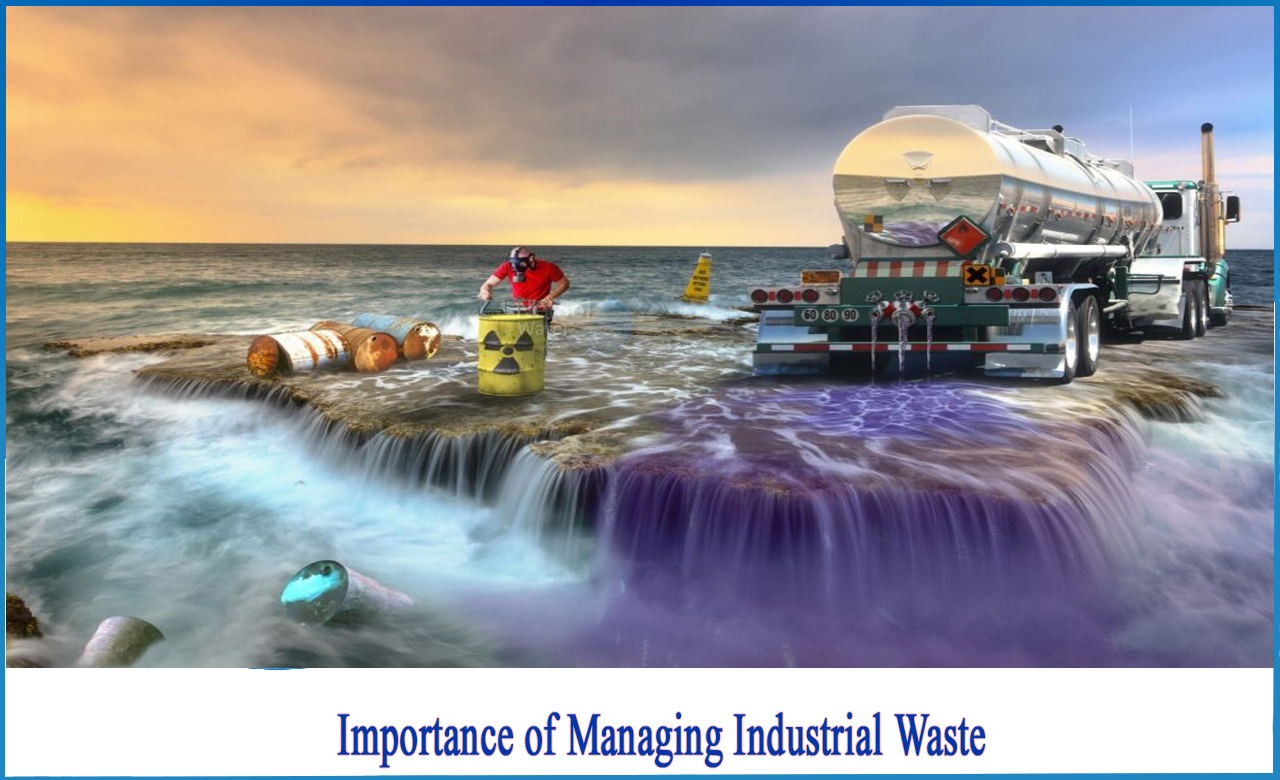Some Known Details About Reclaim Waste
Some Known Details About Reclaim Waste
Blog Article
The Only Guide for Reclaim Waste
Table of ContentsReclaim Waste Things To Know Before You Get ThisThe 15-Second Trick For Reclaim Waste9 Easy Facts About Reclaim Waste DescribedNot known Incorrect Statements About Reclaim Waste Fascination About Reclaim Waste
Residential sewer waste refers to the waste and products from a household septic storage tank. The correct monitoring and disposal of domestic sewer waste need liquid waste to be moved to a sewer treatment plant where the proper approaches and equipment are applied to purify and dispose of waste.
Industrial waste often consists of potential dangers, such as combustible products or a blend of fluid and solid waste items, and calls for an advanced and in-depth disposal process. The disposal of commercial waste typically involves the filtration of waste prior to transport to guarantee safe and appropriate disposal. Hazardous waste is developed from results and runoff of industrial procedures and manufacturing.
This sort of waste can not use the very same sewer monitoring transport or processes as septic or business fluids. The industrial waste monitoring process requires the examination and testing of liquid waste before it undertakes the disposal procedure (industrial wastewater treatment). Runoff waste is the liquid waste that originates from overflow and excess stormwater in very populated areas or cities
Runoff waste can trigger contamination and flooding if not managed appropriately. Making sure appropriate waste administration can prevent catastrophes and reduce environmental harm.
Top Guidelines Of Reclaim Waste
Get in touch with PROS Solutions today to find out about our waste administration and disposal solutions and the proper methods to look after the liquid waste you generate.
(https://www.huntingnet.com/forum/members/reclaimwaste1.html)Do you recognize what occurs to your water when you disengage, purge the commode or drain the washing maker? No? Well, it's worth knowing. This supposed 'wastewater' is not just an important source however, after therapy, will certainly be released to our land, rivers or the ocean. Used water from commodes, showers, baths, kitchen area sinks, laundries and commercial processes is recognized as wastewater.

water utilized to cool equipment or clean plant and tools). Stormwater, a type of wastewater, is drainage that flows from farming and metropolitan locations such as roofs, parks, gardens, roadways, paths and rain gutters into stormwater drains pipes, after rainfall. Stormwater streams without treatment straight to neighborhood creeks or rivers, at some point reaching the sea.
Reclaim Waste Can Be Fun For Everyone
In Queensland, many wastewater is treated at sewer treatment plants. Wastewater is carried from residential or commercial websites via a system of drains and pump stations, understood as sewage reticulation, to a sewer therapy plant. City governments build, maintain and operate most sewer therapy plants. Operators are accredited under the Environmental Security Act 1994 to release treated wastewater at an appropriate ecological standard right into rivers.
The Department of Natural Resources recommends city governments concerning managing, operating and preserving sewerage systems and treatment plants. In unsewered locations, city governments might need householders to install individual or household sewer therapy systems to deal with residential wastewater from toilets, kitchen areas, washrooms and washings. The Department of Natural Resources authorises the usage of house systems when they are proven to be reliable.
Most stormwater receives no therapy. In some brand-new communities, treatment of some stormwater to get rid of clutter, sand and gravel has started making use of gross contaminant traps. Wastewater treatment takes place in four stages: Eliminates solid issue. Larger solids, such as plastics and various other items wrongly released to drains, are removed when wastewater is gone through displays.
Makes use of tiny living microorganisms knows as micro-organisms to damage down and remove remaining dissolved wastes and fine fragments. Micro-organisms and wastes are integrated in the sludge.
Little Known Questions About Reclaim Waste.
Nutrient removal is not offered at all sewer therapy plants because it calls for expensive specialist equipment. Clear liquid effluent produced after therapy might still consist of disease-causing micro-organisms - liquid discover this info here waste removal.

Most wastewater moves into the sewage system. Under the Act, neighborhood governments carry out authorizations and licences for eco appropriate activities (Ages) including wastewater launches that could have a local influence.
The 15-Second Trick For Reclaim Waste
Otherwise, examples are taken for lab evaluation. Commonly many tests are needed to develop the levels of each of the different pollutants such as oils, hefty steels and pesticides in water. Tracking provides accurate info about water high quality and can validate that licence conditions are being satisfied. The details gotten through surveillance offers the basis for making water high quality choices.
Report this page